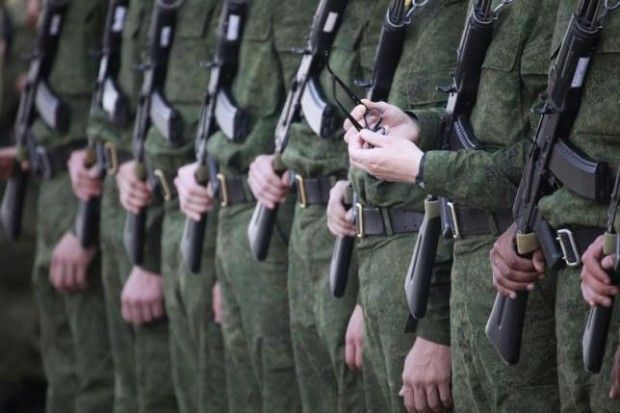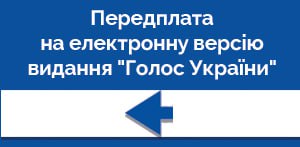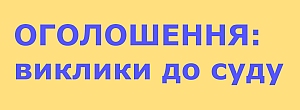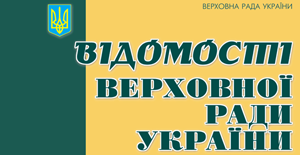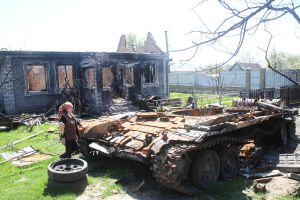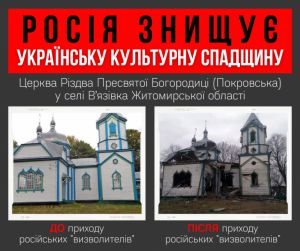All these speculations have been prompted by the increasing number of the Russian military in Donbas and Crimea.
Lieutenant-General Leonid Holopatyuk who spoke on behalf of Ukraine at the recent forum of the Organization for Security and Cooperation in Europe (the OSCE) held on July 1, told the forum that Russia was busy deploying military formations in Crimea and in some areas of Donbas that are not controlled by the Ukrainian Government. Ukrainian Navy Commander Oleksiy Neizhpapa went even further supposing that Russia could try to attack the Kherson Region, southern Ukraine, from the occupied Crimea. Earlier, Deputy Foreign Minister of Ukraine Vasiliy Bodnar stated that Russia could launch the direct invasion of Ukraine during the upcoming military training coded the “Caucasus’2020” planned for this September.
Meanwhile Dmitri Peskov, the press secretary of the Kremlin, resolutely denied such speculations calling them “an outright stupidity” and “a deliberate feeding of anti-Russian hysteria”.
The direct invasion of Ukraine is unlikely in the nearest future because Russia faces serious problems with its own military build-up at Ukrainian border. Such was the opinion of lawmaker Serhiy Rahmanin who is also a member of the parliamentary committee on national security, defense and intelligence. “The process of the formation of a large group of Russian troops at the Ukrainian border has become slower recently and will stretch over the next eighteen months, no less. This speaks of a really difficult situation in Russia as a result of a drop in prices for oil and the COVID-19 epidemic”, Rahmanin said.
Russia planned to finish the deployment of its troops at Ukrainian border by the end of this year. Serhiy Rahmanin added, “When a real attack is going to be launched, the assault forces are unfolded at the border. However, such forces are absent there at the time being. Besides, no considerable increase in the number and quality of Russian military formations is observed”. According to Lieutenant-General Serhiy Nayev, the Joint Forces Operation Commander of the Ukrainian Armed Forces, there is no threat of Russian invasion today.
At the same time, many Western and Ukrainian political analysts believe that in the past few years the military and political leadership of the Russian Federation have been de-facto preparing for a big war. Apart from the ongoing informational hysteria in Russian media which contrast Russia to the West and describe Ukraine as the stumbling block to achieving normal relations between them, there are other no less conspicuous facts.
To begin with, the recent referendum initiated by President Putin was meant to vote changes to the current Constitution of the Russian Federation. The amendments offer by the leader of the Kremlin extend presidential term limits enabling Putin to stay in power for another two terms and concentrate all political power in his hands. The results of the plebiscite that took place from June 25 to July 1 are quite obvious: Russian people “support their President”.
Second, Russia keeps threatening the Baltic countries, Kazakhstan and Belarus. But Ukraine is in the constant gun sight of the Russian Federation. Michael Anthony McFaul who served as the United States Ambassador to Russia from 2012 to 2014 had this to say, “Putin told my colleague Condoleezza Rice (Rice was President George W. Bush's National Security Advisor from 2001 to 2005) that he does not consider Ukraine an independent state. He believes that Ukraine is Russia and it has to be a part of it”.
During his television interview on June 21 Putin declared that many republics of the former Soviet Union “had received the enourmous amount of Russian lands” that historically belonged to Russia.
In analyzing the probability of a Russian attack on Ukraine, political analysts claim that there are a number of moments that can sober up the Kremlin. And the most important of them is the Ukrainian Army which has changed dramatically. Today it differs from what it was in 2014. The Ukrainian Army has learned how to defend itself and launch counter-offensive operations. Besides, it is highly unlikely that the United States and the developed Western countries will “swallow” aggressive actions of the Kremlin even under the present-day conditions. Moscow will be completely isolated in the international scene because then the fact of its aggression will become even more outrageous. Besides, the upcoming global economic crisis will undoubtedly dealt a painful strike at the Russian Federation, too. And to overcome its consequences living in isolation will not be that easy.
The newspaper Holos Ukrainy


